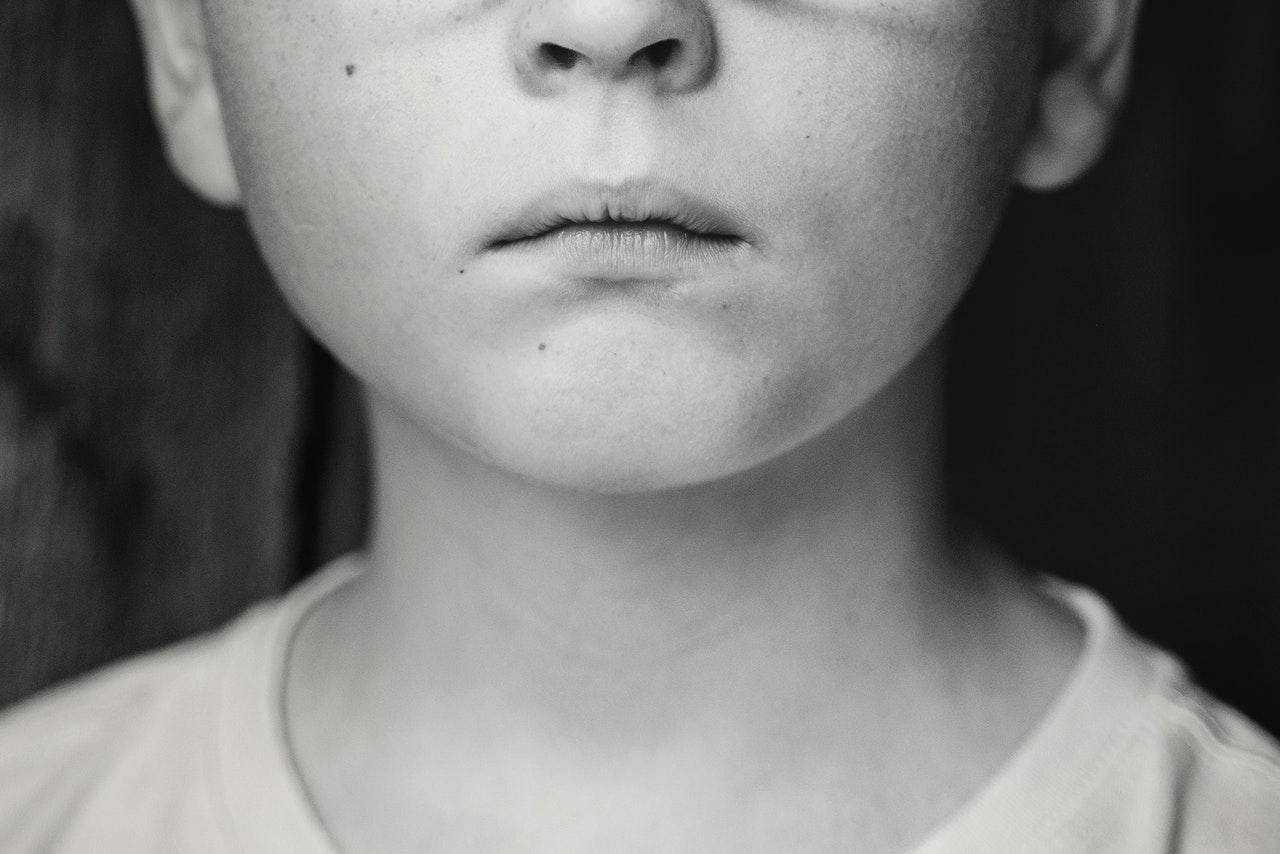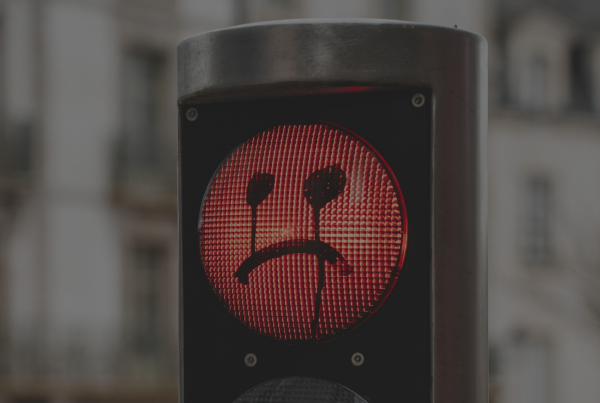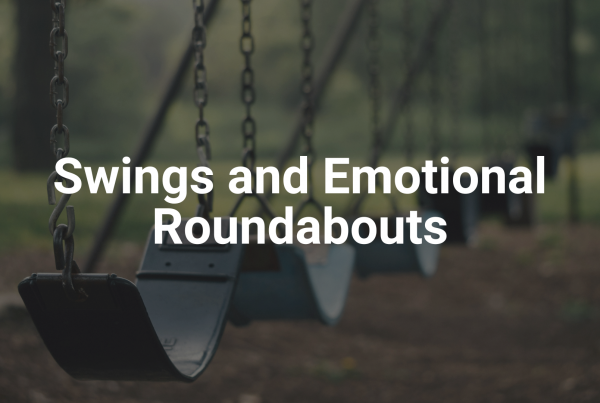Victims of child abuse, such as child pornography or exploitation, suffer unbelievable horrors at the hands of predators, and their victimization can last forever. The abuse they face is traumatic and shapes how they see and experience the world.
Effects of Trauma on the Brain
When experiencing trauma, your body has instinctive and automatic reactions that are used to protect you. These instincts come from your brain, and when individuals experience trauma, there are three main areas affected. These include the hippocampus, amygdala, and prefrontal cortex.
Amygdala
The amygdala is a small, almond-shaped part of the brain that is responsible for processing emotions and external stimuli that triggers emotions, such as anger, sadness and fear. It is responsible for our reactions to information or stimuli perceived as threatening or dangerous. This is the part of the brain that activates the fight or flight response, and releases the hormones to help protect you.
When suffering traumatic experiences, your body kicks in and your natural instincts take over. Dr. Rebecca Campbell, Ph.D. from Michigan State University explains that when people are faced with traumatic events, their body releases one or more of four different chemicals:
- Catecholamine (natural adrenaline)
- Corticosteroids (energy)
- Opioids (natural morphine)
- Oxytocin (good feelings)
Each of these hormones work differently and help facilitate the fight, flight, or freeze response. Additionally, they help to numb your body to whatever physical pain you would feel from the trauma. This is the body’s natural and automatic response when trying to survive.
Hippocampus
The hippocampus is the part of the brain that stores memory. As a result of trauma, the memory is impaired.
Dr. Campbell explains that when these four hormone levels are high, they interfere with the other structures in your brain that work to create your memory. As a result, the memories are stored in a disorganized function.
When explaining how memories are stored, Dr. Campbell gives the analogy of the world’s messiest desk. She explains that the brain is the messy desk. She invites the audience to imagine taking interview notes on various post-it notes. Then, she tells the audience to imagine placing the post-it notes in various locations on the desk. Finally, she tells the audience to imagine going back to the desk a while later, finding all the post-it notes, and reordering them into a coherent and cohesive explanation — it’s not easy. With this analogy, she explains that when the victim tries to recall the traumatizing event, it will come in disordered bits and pieces as if you were collecting post-it notes off the desk. It can be frustrating and incredibly exhausting.
Prefrontal Cortex
The prefrontal cortex is responsible for regulating behavior, planning, decision-making, problem-solving, and acting with long-term goals. Trauma damages this part of the brain to make it so that individuals do not have the same control over the functions as they should. This means that a person who has experienced trauma might be subjected to making bad decisions and have poorer critical thinking abilities.
Affected Brain’s Impact on Children
By looking at those three parts of the brain, it is easy to see how trauma and the brain act together. That said, the brain does not stop growing until age 25, so the impacts of trauma on children is even greater.
The trauma becomes part of their brain chemistry and affects how they live and experience the world. In fact, the National Child Traumatic Stress Network shares, “Early childhood trauma has been associated with reduced size of the brain cortex. This area is responsible for many complex functions including memory, attention, perceptual awareness, thinking, language, and consciousness.” Additionally, the child’s IQ and ability to regulate emotions suffers.
How Trauma Affects Children
Although children suffer the same effects of trauma, they also experience some psychological responses more extensively than adults.
An article discussing trauma and intervention models for children, “Complex Trauma in Children and Adolescents,” laid out seven ways childhood trauma can affect the lives of children. These seven ways include:
- Attachment. Issues with boundaries, distrust, social isolation, and understanding perspective.
- Biology. Unable regulate emotions, react negatively to stress, and increased medical issues of a wide variety.
- Affect Regulation. Difficulty with explaining emotions, communicating wants and needs, and with emotional self-regulation.
- Dissociation. Disconnect between thoughts and emotions which can impair memory and leave the child to have different states of consciousness.
- Behavioral Control. Issues with impulse control, rules, aggression, eating disorders or substance abuse, and reenacting trauma in behavior or play.
- Cognition. Problems with attention, learning, completing tasks, planning, responsibility, language development, and time.
- Self- concept. Poor sense of self, body image, self-esteem, and shame and guilt.
As young children grow into teenagers, many of the above would already exist naturally, but now they are exacerbated by the effects of the abuse and its resulting trauma.
Their entire lives are domino effects of the trauma they experienced. They do not get to grow the ways non-traumatized children get to grow and learn. These consequences follow them their whole lives, even after the trauma stops.
Child Pornography and Trauma
Ultimately, child abuse and exploitation is a traumatic experience that scars children forever. Even if they are rescued from the sexual abuse, the record of their abuse is online and circulating on the internet forever.
We want to stop this trauma and victimization. The Innocent Lives Foundation is dedicated to unmasking anonymous online predators to help bring them to justice. We work closely with law enforcement by developing comprehensive files about perpetrators, so they can move forward with prosecution. Children should not be stripped of their innocence, and we work to stop it.
Join Us:





